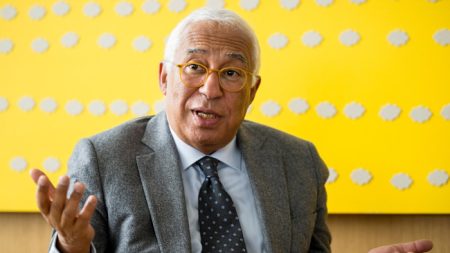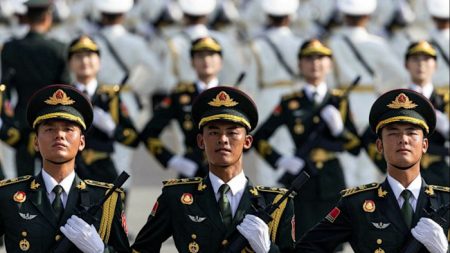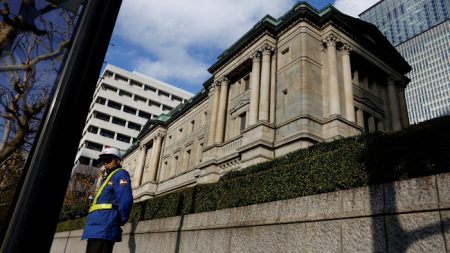Unlock the Editor’s Digest for free
Roula Khalaf, Editor of the FT, selects her favourite stories in this weekly newsletter.
Rishi Sunak will say that Britain is “at a crossroads” on Monday, with voters facing big political choices in a more volatile world, as he tees up the Conservative party for the UK general election expected this year.
In a speech in London, the prime minister will say he has “bold ideas” that can change British society for the better and restore people’s confidence and national pride.
“I feel a profound sense of urgency. Because more will change in the next five years than in the last 30,” he will say, adding: “Our country stands at a crossroads.”
Sunak is trying to revive Conservative morale as the party languishes 20 points behind the opposition Labour party in opinion polls. At least 64 Tory MPs have announced that they will step down at the election, which is expected in the second half of this year.
The governing party shed hundreds of council seats in local elections in England and Wales on May 2, as well as losing the Blackpool South by-election and the West Midlands mayoralty to Labour.
Yet Sunak’s team have found hope in economic data and the suggestion by psephologist Professor Michael Thrasher that the local elections pointed towards a potential hung parliament, if voters cast their ballots in the same way in the general election.
Sunak will say on Monday that, while the UK faces new threats in a more volatile world, the opportunities to transform and build “brighter, more secure futures” for British families are “huge”.
He will say the government needs to keep “safeguarding the nation’s security” against war, a global rise in immigration and “those seeking to undermine our shared values and identities”.
“Over the next few years, from our democracy to our economy to our society — to the hardest questions of war and peace — almost every aspect of our lives is going to change,” Sunak will say.
The prime minister will criticise Labour for opposing the government’s Rwanda removal scheme and failing to match his pledge to increase defence spending to 2.5 per cent of GDP by the end of the decade, a policy partly funded by cutting 70,000 civil service jobs.
Although Sir Keir Starmer has said he wants to meet the 2.5 per cent defence target “as soon as resources allow”, the Labour leader has yet to set out a costed alternative.
At the election, which must be held by January 2025, Labour will try to hammer home the message that the Conservative party is worn out after 14 years in power.
In the speech Sunak will acknowledge his party has been in power for a long time but emphasise the challenges with which successive Tory administrations have had to deal since 2010, including the aftermath of the 2008-09 global financial crisis, the Covid-19 pandemic and the war in Ukraine.
“At heart, we’re a nation of optimists. We’re not blind to the challenges or threats we face,” he will say. “We just have an innate belief that, whatever they are, we can overcome them as we have done so many times in our history.”
One Tory aide said Sunak, 44, was comfortable with change. “Keir Starmer is a little older [61] and grounded in older ideas, whereas Rishi Sunak is . . . confident in new technologies,” they said. “I don’t think you’ll get that fresh thinking from Starmer.”
Bookmakers at present put the Conservative party at a distant 35:1 to win the election, but some of Sunak’s advisers believe the polls exaggerate Labour’s lead.
Thrasher suggested his estimate of the local election result — with Labour on 34 per cent and the Tories on 27 per cent — was not enough to guarantee the opposition party a general election majority.
But critics of Thrasher have said they expect people to cast their ballots differently in a national election, with more anti-Tory tactical voting and more Reform UK candidates splitting the right-wing vote.
Read the full article here














